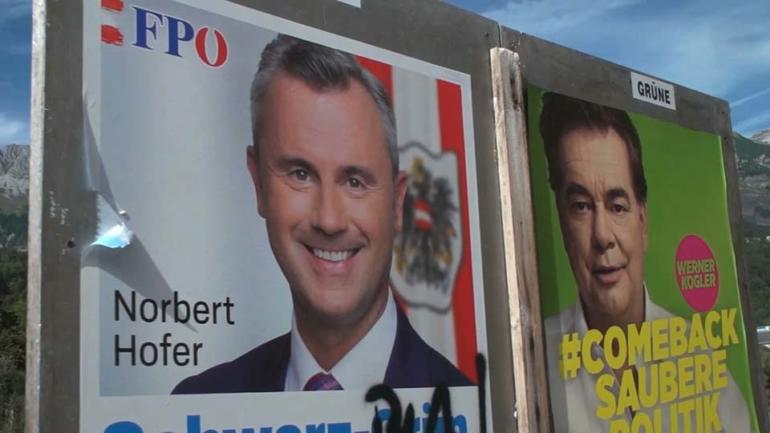Austrians go to the polls again in a snap election on Sunday. The country’s coalition government collapsed after only 17 months in power following a secret video scandal and the loss of a vote of confidence for Europe’s youngest chancellor.
More than 6 million people are eligible to vote.
CGTN’s Natalie Carney asks what is driving Austrians to the polls this time around.
A video brought down Austria’s government
It shows the head of the country’s far right Freedom Party and coalition partner, Heinz-Christian Strache, attempting to sell off state assets to a fake Russian oligarch.
Since June the Alpine state has been led by a caretaker government.
Yet surprisingly, the “Ibiza gate” scandal is unlikely to have much effect on voters in Sunday’s election.
“I think what happened, Strache, Ibiza is not that important. It was just publicity for two weeks, but people, I think most of them forgot it already,” says Gerd Weizer
Voters also appear to be overlooking the removal of the country’s chancellor, Sebastian Kurz, in a no confidence vote last May.
Support for his centre-right/conservative Austrian People’s Party continues with polls showing them with roughly 34%.
“Mr. Kurz, I hope that he remains as he was before and I will vote for him again without batting an eyelid. Let’s try it with the young ones,” says Ingeborg Bernhardt.
Innsbruck in the Austrian canton of Tyrol nearly 500 kilometres from the capital Vienna has long been a conservative stronghold. But could times be changing as the issues driving voters to the polls change
While the issue of migration lead at the ballot boxes in 2017, today the environment tops the agenda says senior researcher on political communication and electoral analysis at the university of Innsbruck, Lore Hayek.
“This time it’s the climate crisis. That is pretty much the only issue that everybody is talking about. Apart from that, there are not really any policy issues on the table,” says Hayek.
And this is likely to play out well for Austria’s Green party, who lost their parliamentary seats in 2017, but are now polling around 12%.
Yet no party is expected to win a majority in Sunday’s election, making another coalition likely.
“Yeah there will definitely be a negotiation for a coalition, but the conservatives are so far ahead in the polls that for the first time ever we won’t have a fight for who is going to be the chancellor. It’s pretty clear that Sebastian Kurz will win this election,” Hayek says.
What is not so clear is if Austria’s far-right Freedom Party will overcome ‘Ibiza gate’ to make it back into a ruling coalition with Sebastian Kurz’s Austrian People’s Party after ballots are cast this weekend.
 CGTN America
CGTN America
